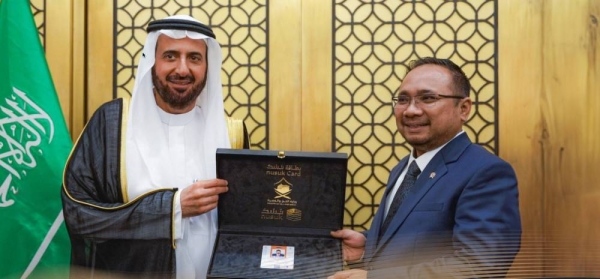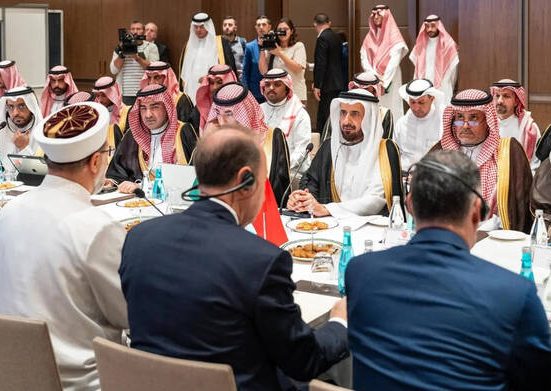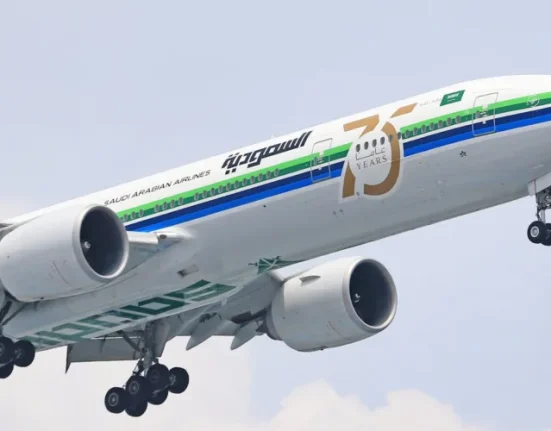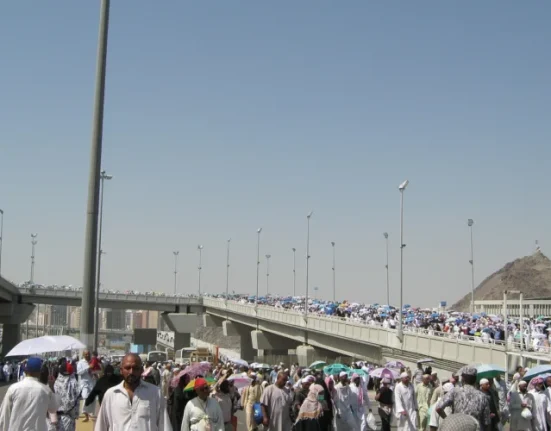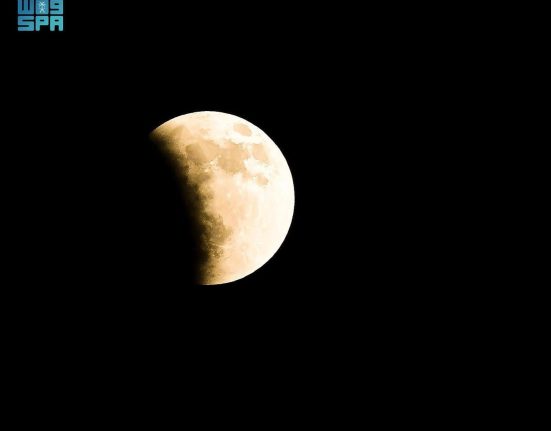Saudi Arabia has introduced a new colour-coded system for Nusuk cards, aimed at improving the identification and management of pilgrims during the 2025 Hajj pilgrimage. This new development is part of efforts to streamline operations and enhance the experience for millions of pilgrims traveling to Makkah.
The colour-coding system will assign specific colours to different groups of pilgrims. Domestic pilgrims from within Saudi Arabia will carry blue-striped cards, while international pilgrims will be issued purple-striped ones. A special category for pilgrims with special needs, including the elderly and disabled, will carry blue-green cards, while VIP international pilgrims will be identified by purple-red cards. This initiative is expected to facilitate smoother logistics by allowing authorities to quickly identify and manage pilgrims based on their status.
The Nusuk card, which pilgrims are required to obtain before the Hajj, will also serve as an essential tool for pilgrims’ transportation. Pilgrims will be directed to their designated buses and vehicles based on the colour of their Nusuk cards, ensuring that transportation runs efficiently without confusion.
Saudi authorities have emphasized the importance of carrying the Nusuk card at all times. Pilgrims without the card could face penalties, including fines or deportation. The National Hajj Commission of Nigeria (NAHCON) has also advised Nigerian pilgrims to make sure they have their Nusuk cards before starting their journey to avoid any legal complications.
In addition to the physical cards, pilgrims will have access to a digital version of their Nusuk card through the official Nusuk app, providing an additional layer of convenience for pilgrims who may misplace the physical card.
This latest development reflects Saudi Arabia’s ongoing commitment to improving the Hajj pilgrimage experience, using technological advancements and efficient systems to manage the complex logistics of one of the largest religious gatherings in the world.

